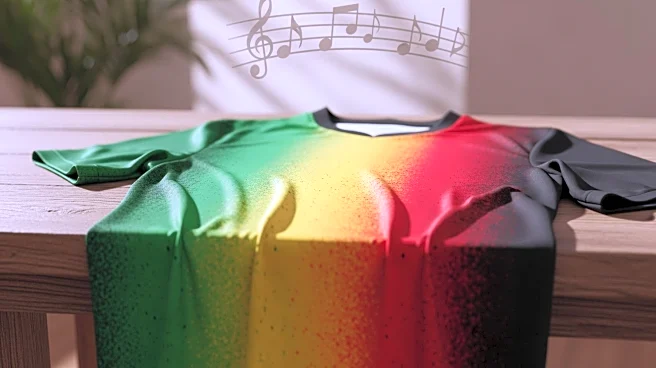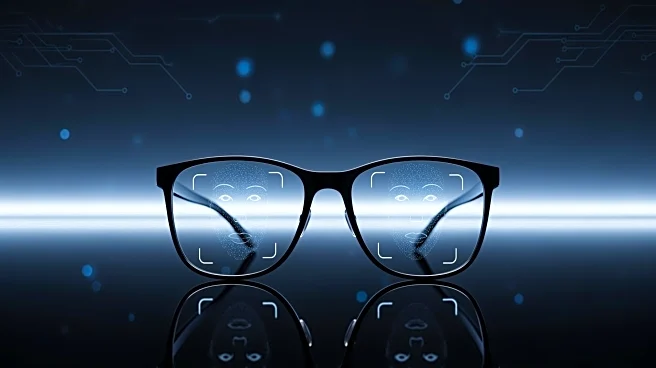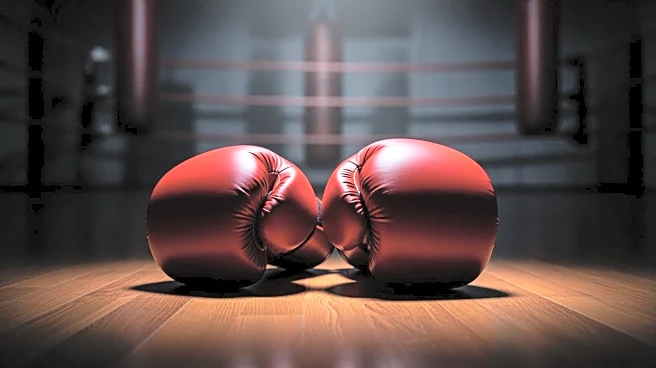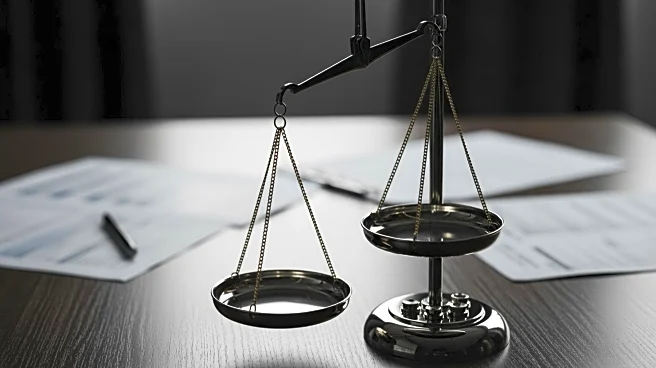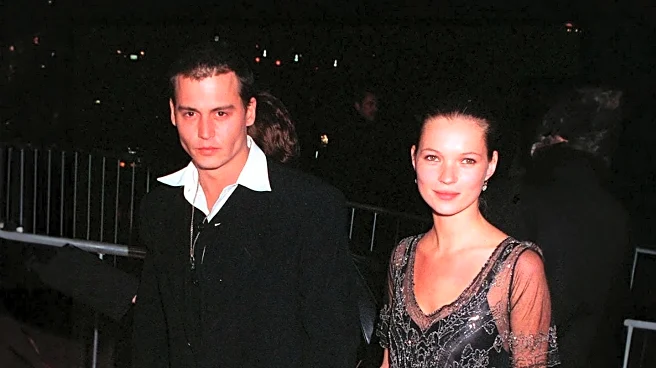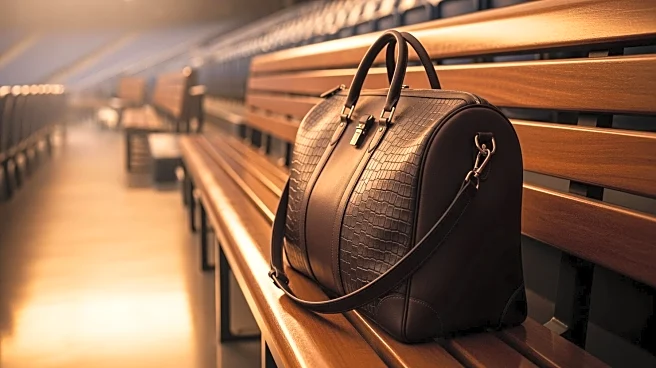In a shocking turn of events, Ryan Routh has been granted the right to represent himself in a federal trial concerning his alleged attempt to assassinate former President Donald Trump. The incident in question
Did You Know
Your taste buds have a lifespan of about 10 to 14 days, after which they are replaced.
?
AD
occurred in September 2024 at Trump’s golf club in West Palm Beach, Florida, where Routh reportedly tried to shoot the former president. Thanks to the swift actions of a U.S. Secret Service agent, the assassination attempt was thwarted, but it has sparked widespread concern over the safety of public figures in the current political climate.
The trial is set to commence in September 2025 and is anticipated to attract significant media attention, given its controversial subject matter and the dramatic nature of the events surrounding it. Judge Aileen Cannon, presiding over the case, has emphasized the gravity of the charges against Routh and the need for decorum in the courtroom. While the defendant’s choice to proceed without legal representation raises eyebrows, Judge Cannon has mandated that court-appointed attorneys remain as standby counsel, indicating a balance between Routh's autonomy and the judicial system's standards.
This case extends beyond the individual actions of Routh; it reflects the ongoing challenges surrounding security for elected officials and the alarming instances of political violence in recent years. As the trial approaches, the nation watches closely, aware that the outcomes may resonate far beyond the courtroom. The implications for political discourse, public safety, and the rule of law hang in the balance, raising critical questions about the responsibilities and vulnerabilities inherent in leadership during an era of heightened tensions.
Q&A (Auto-generated by AI)
What are the legal implications of self-representation?
Self-representation, or pro se representation, allows defendants to represent themselves in court without an attorney. While it is a constitutional right, it carries significant risks. Defendants may lack legal knowledge, making it challenging to navigate complex legal procedures, present evidence, or effectively argue their case. Courts often appoint standby counsel to assist if needed, as seen in Ryan Routh's case. However, self-representation can lead to procedural errors that may jeopardize a defendant's case.
How has the Secret Service responded to threats?
The Secret Service is tasked with protecting current and former presidents, and it takes threats seriously. In the case of Ryan Routh, a Secret Service agent thwarted his attempt to shoot President Trump while he was playing golf. This highlights the agency's proactive measures in identifying and neutralizing potential threats before they escalate. The Secret Service employs various strategies, including intelligence gathering and surveillance, to ensure the safety of high-profile individuals.
What historical cases involve assassination attempts?
Throughout history, several high-profile assassination attempts have occurred, including those against U.S. presidents. Notable examples include John Wilkes Booth's successful assassination of Abraham Lincoln in 1865 and the failed attempts on Ronald Reagan in 1981 and Franklin D. Roosevelt in 1933. These events often lead to heightened security measures and changes in policies regarding presidential protection, reflecting the ongoing risks faced by political leaders.
What are the mental health considerations in such cases?
Mental health plays a critical role in cases involving assassination attempts. Defendants like Ryan Routh may exhibit signs of mental illness, which can influence their motivations and actions. Courts often evaluate mental competency to stand trial, and psychological assessments may be conducted to determine the defendant's state of mind. Understanding these factors is essential for ensuring fair legal proceedings and addressing underlying issues that may contribute to violent behavior.
How does the media influence public perception of trials?
Media coverage significantly shapes public perception of trials, often framing how events are understood and discussed. In high-profile cases like Routh's, sensationalized reporting can amplify fears and biases, impacting jury pools and public opinion. The portrayal of defendants, legal proceedings, and outcomes can lead to preconceived notions about guilt or innocence. This influence underscores the importance of responsible journalism and the potential consequences of media narratives on the justice system.



